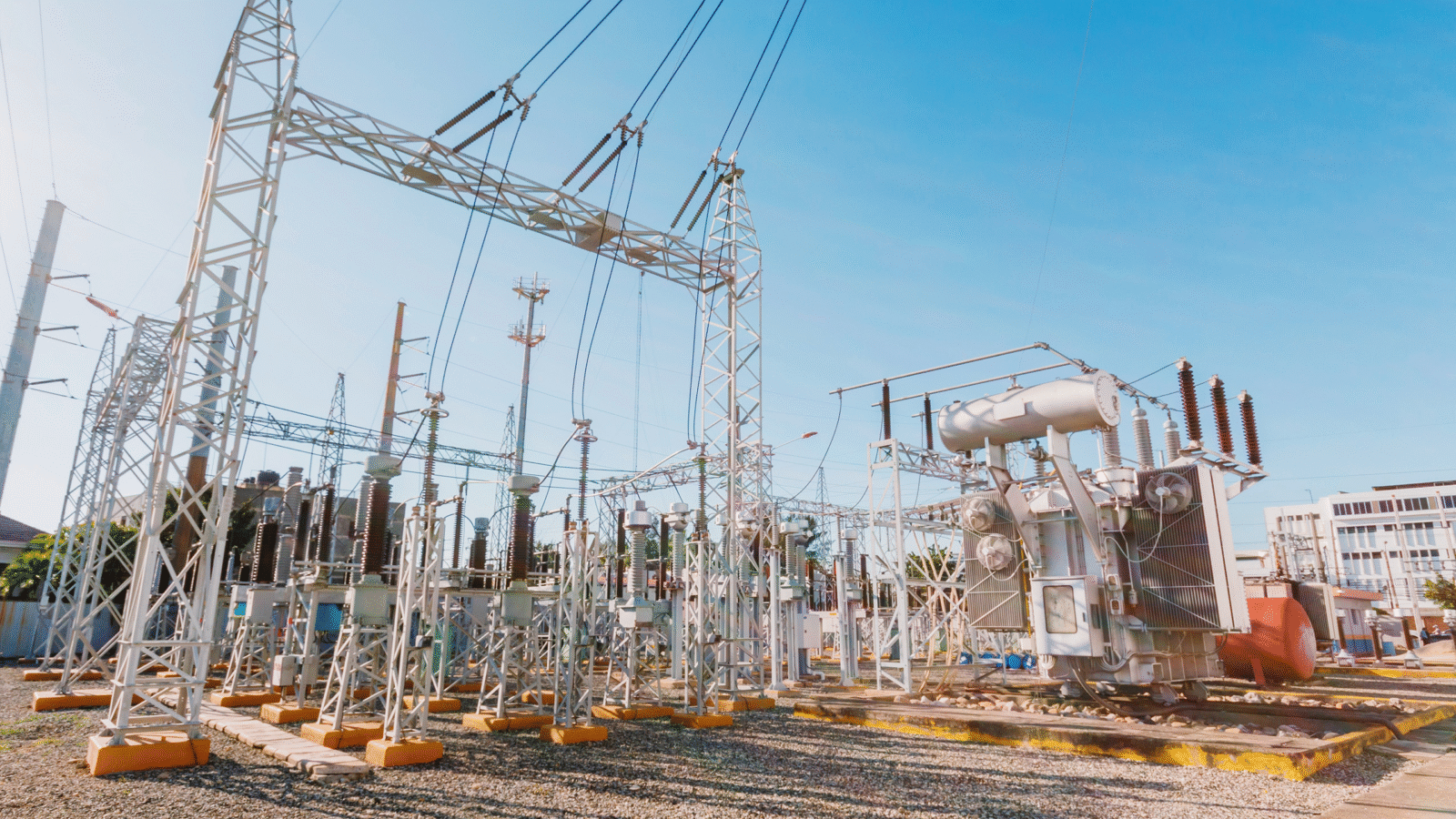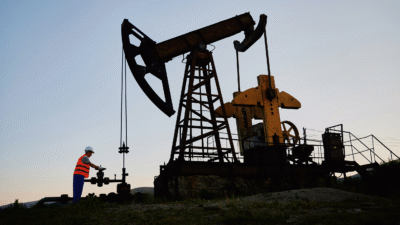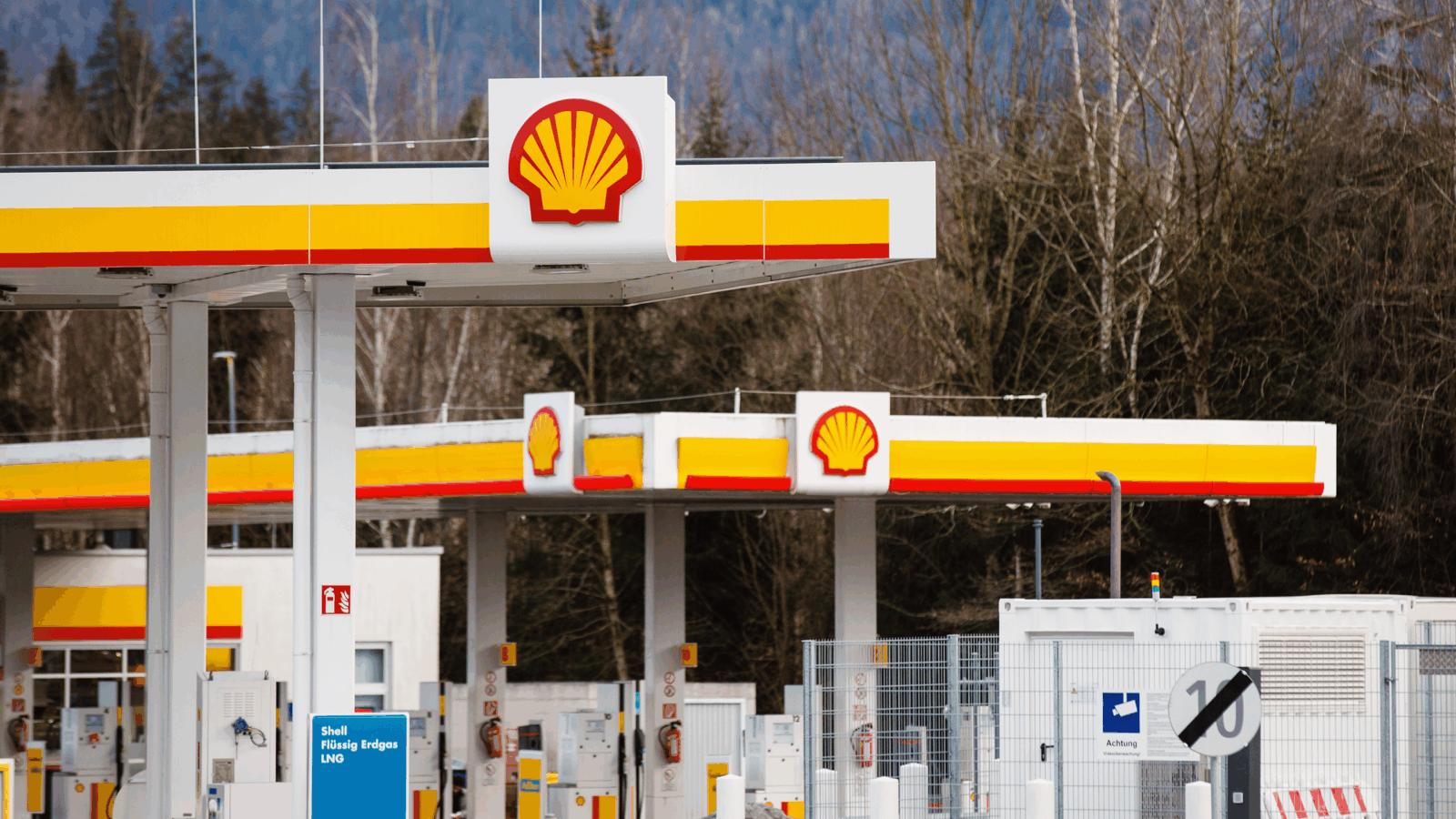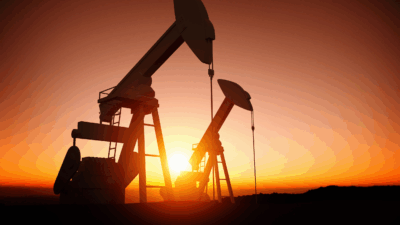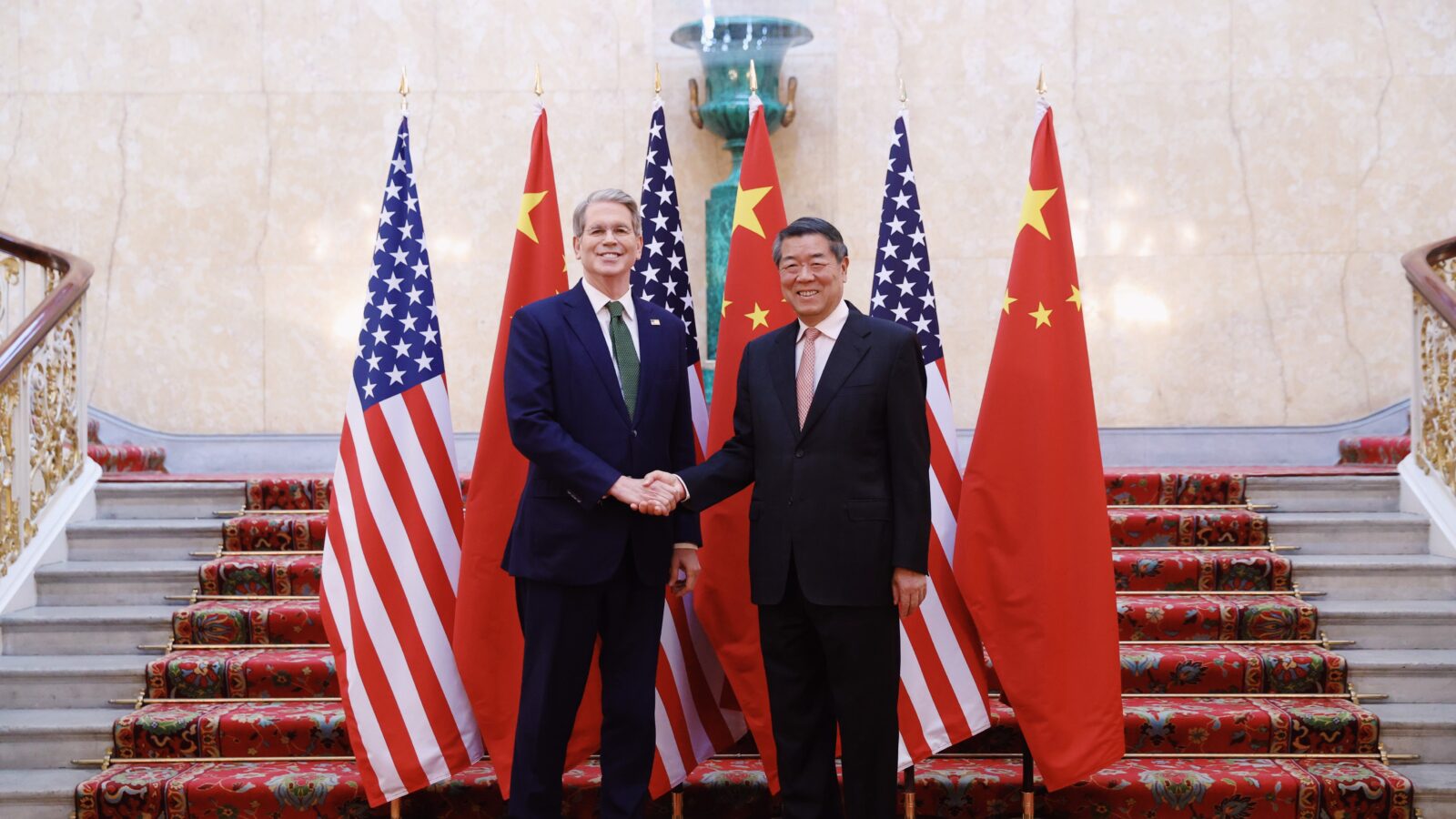Sign up for smart news, insights, and analysis on the biggest financial stories of the day.
It’s been nearly a decade since the triple meltdowns at Japanese nuclear reactors in Fukushima on March 11, 2011, and what once seemed like a tangible dream of unlimited energy to power the world is in the dustbin of history.
Past Its Prime
The disaster at Fukushima is the focal point of a decade-long downtrend in nuclear power. While the drawdown has been significant in Japan — only nine reactors in Japan are operating now, down from 54 ten years ago — the trend exists across the globe:
- A quarter of a century ago, nuclear power produced 17.5% of the world’s electricity, now it’s down to about one tenth:
- Germany is retiring its last nuclear reactor next year, while no U.S. reactor that began planning after 2011 has made it to construction.
- Projects from Wales to South Korea have been put on indefinite pause.
Although there is one area for growth: as wealthy developed nations are mostly shunning nuclear power, a group of developing nations including China, India and the UAE are among those building new plants.
But, even with 50 new plants under construction in mostly emerging markets, the best case scenario is nuclear falling to 8.5% of global power generation by 2040.
Does it add up?: Part of nuclear’s appeal is that it would have gone a long way towards reducing carbon emissions to reach climate change targets. But renewable energy and the batteries that store it are becoming cheaper and approaching scale, while nuclear plants can take a decade or more to build and bring online. For example, when Portugal’s government held an auction last August, a successful bidder agreed to supply solar power for a little over 1 cent per kilowatt-hour, which is far cheaper than the between 2.8 cents and 10 cents per kilowatt-hour that nuclear power provides.
the takeaway
Solar and wind might not be cheaper when you factor in their intermittency for now, but nuclear seems set to bear higher costs as regulation grows heavier, raising already costly and time-consuming construction and operating expenses.
